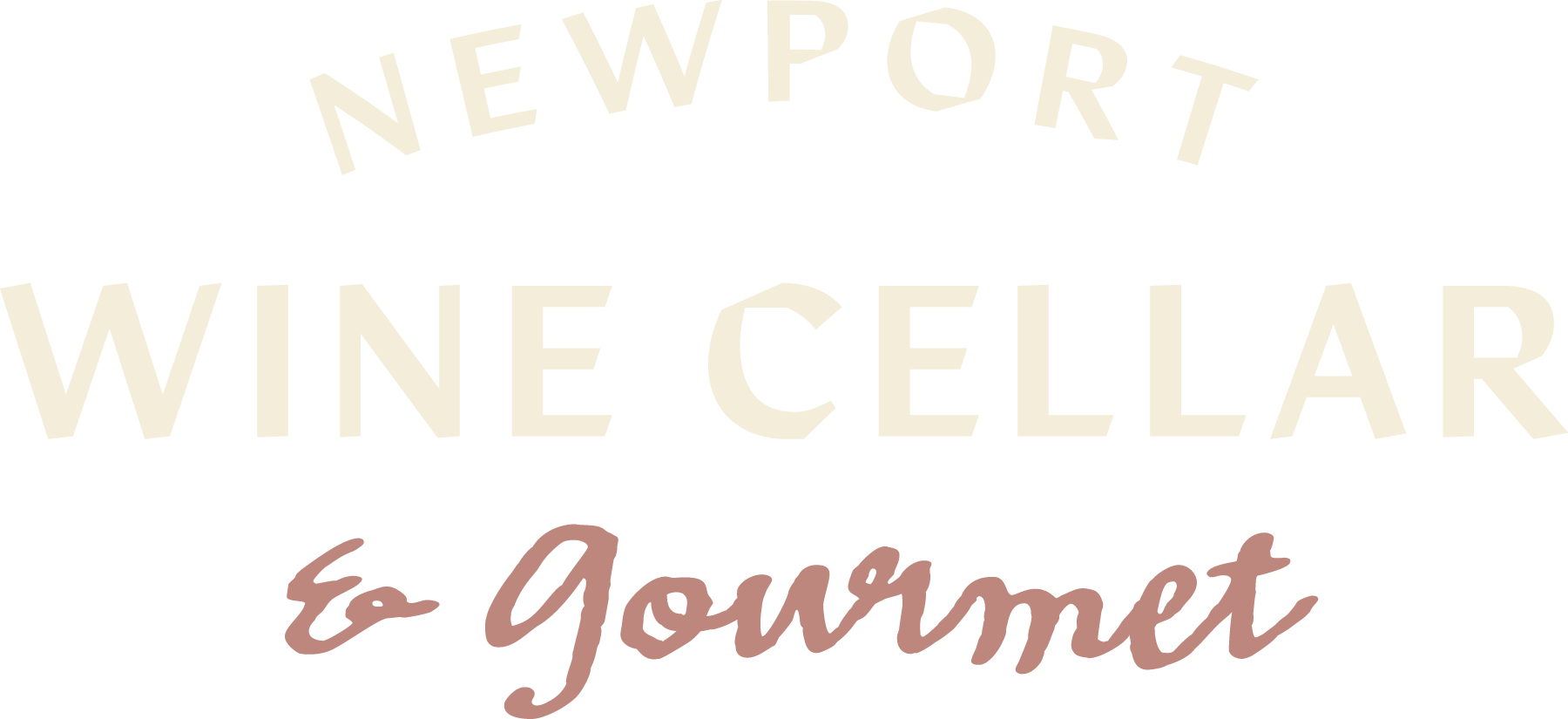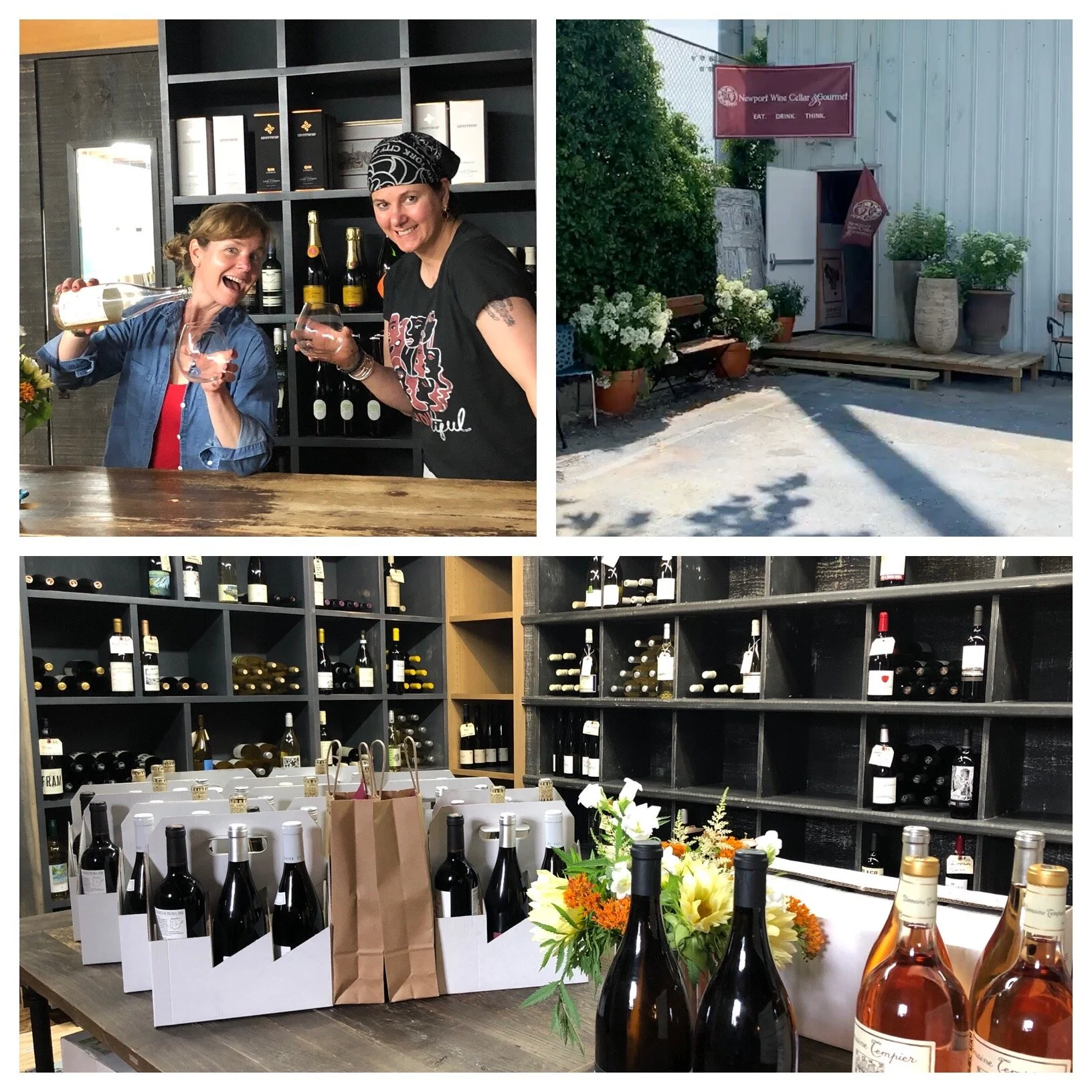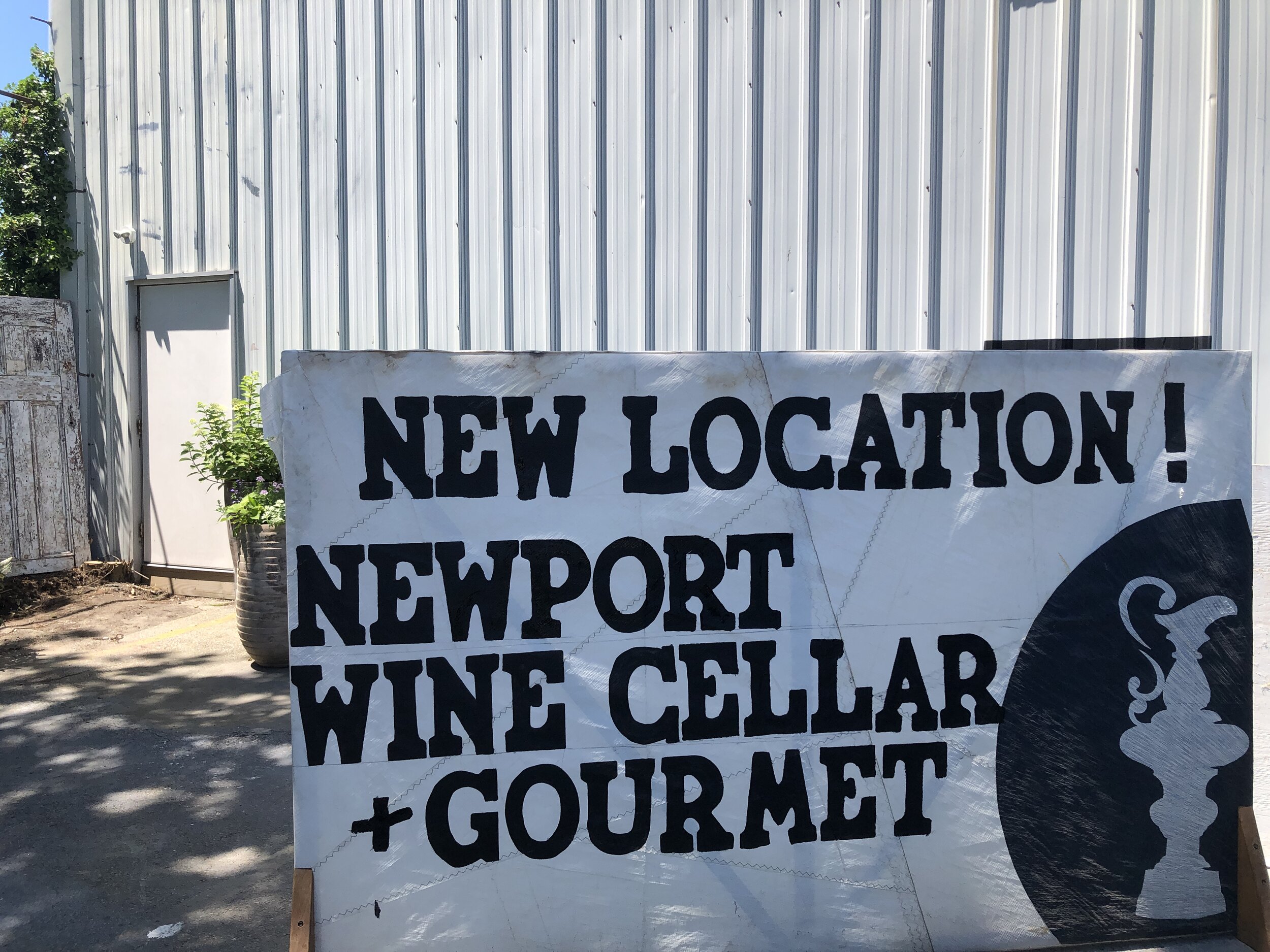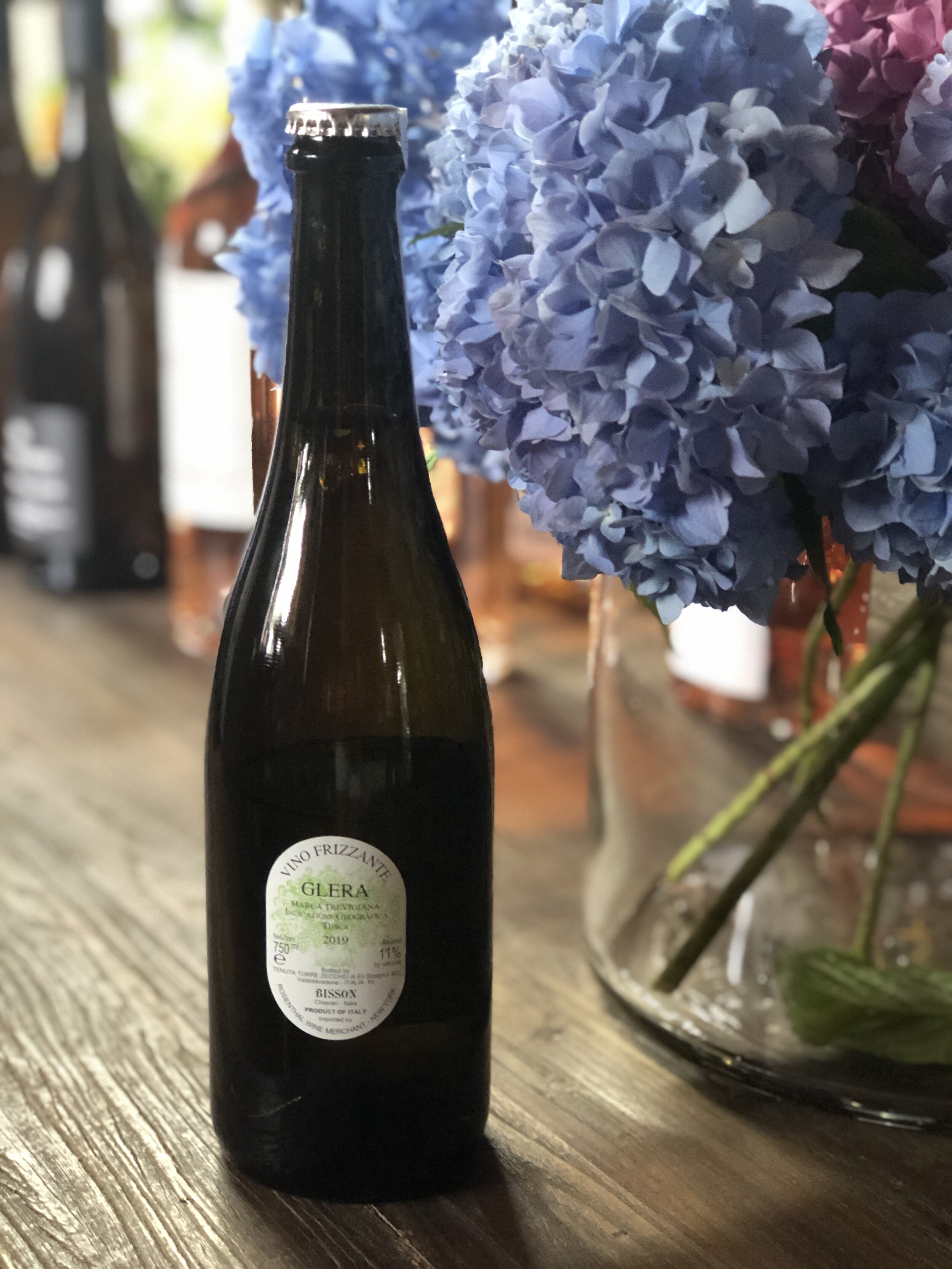The Wine Lady's Journey Continues
The seasonal shift from spring to summer has finally happened, and with that shift, I have once again moved the shops. Change is a good time to reflect. Naturally, it gives me pause for thought, with each change (and yes, I know, there have been a few), I am called to think about what it means for me to select wines and food for all of you. Recently, I was reading Nigl Slater’s Tender, and in his introduction, he encourages reading our food and our choices: “. . . .it is worth reading our plates,” he writes, “before we tuck in. Where did that food come from? Does it sit comfortably with our conscience and what we believe food to be?” He goes on to ask what the ripple effect of that food arriving at your plate is on the environment, on people, on supply chains, and so on.
I want to ask these same questions about every wine in the store. Where does the wine come from, and how is it made? How are the grapes treated in the field and in the winery? What thought and craft goes into that wine and how is that a reflection of its place of origin. We want to know where food comes from before we eat, but we don’t often ask the same questions about wine. Where the wine comes from matters in so many ways from its taste to its impact on the world. If we try to grow pinot noir in a climate that is too hot, then we must water and manipulate with pesticides and fertilizers. There is a cost to that decision, and I would say it is irresponsible. Grow varietals that thrive in the climate naturally, and you will reduce waste and water use while eliminate the need to manipulate in the field or in the winery. I would also argue that the wine will taste better if it is a varietal that is appropriate to cultivate in that environment. Quality and integrity of flavor is important, but so too is our impact on the environment. Does organic wine taste better? Most winemakers say there is not a discernable flavor distinction, but rather that the wine has integrity of place, meaning it will taste better if it is grown in its natural climate. By that thinking, yes, the wine will taste better, and we will feel better physically and philosophically, as we do each time we shop at the Farmer’s Market.
I want to encourage this conversation with each bottle that I select and sell, so that we are thoughtfully enjoying ourselves and feel good knowing that reading our wine before we take that first sip means we are responsibly indulgent.
This post is portion of my wine notes for the July Wine Club. If you are not a member, but want to subscribe to a wine club that offers not only delicious wines but a forum for conversation about responsible and sustainable wine production, then please click here & join the club!
I would love to hear your thoughts on this…please comment, and let’s Eat, Drink, and Think.
Cheers,
Maria



